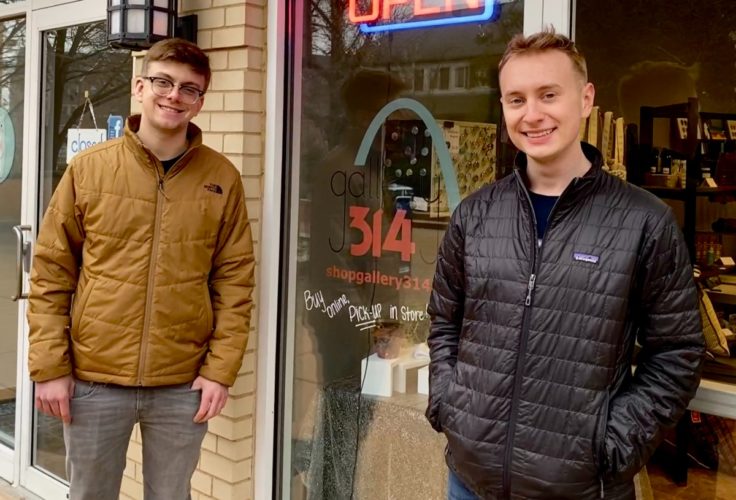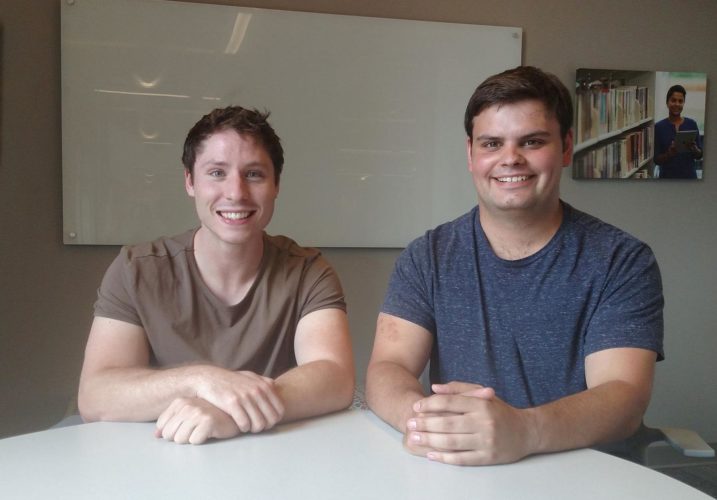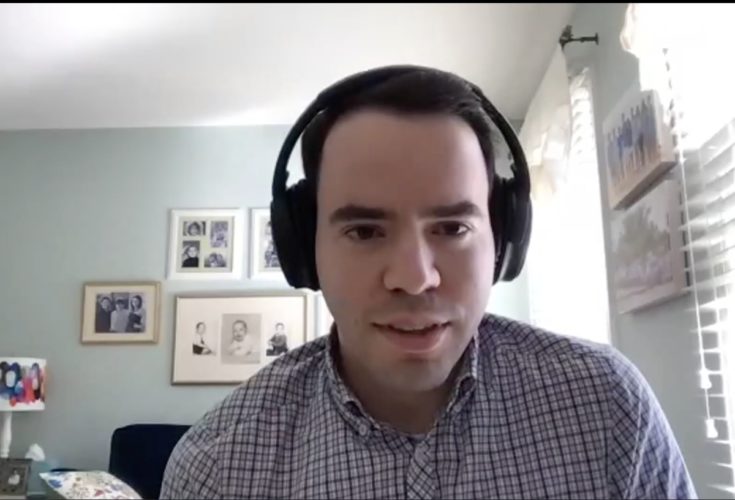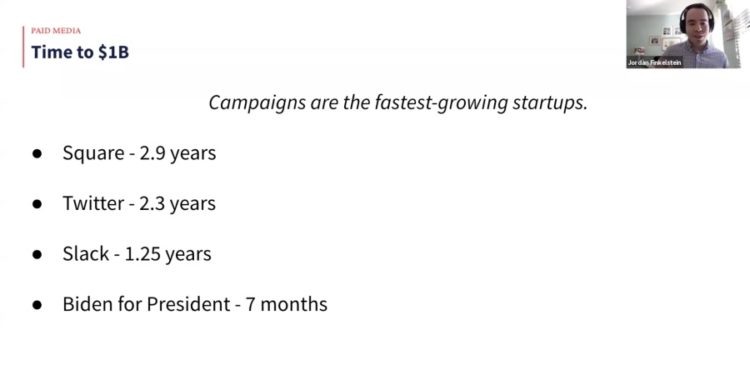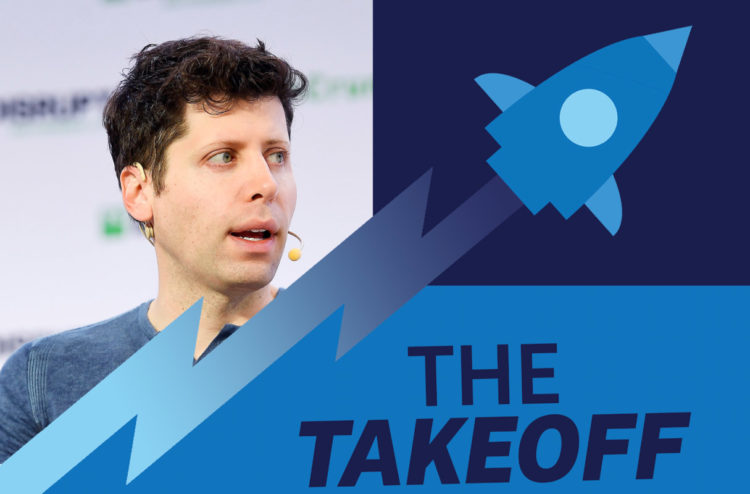Snacklins, a company that produces plant-based alternatives to pork rinds, nearly tripled its sales in 2020 in the highly competitive snack food industry.
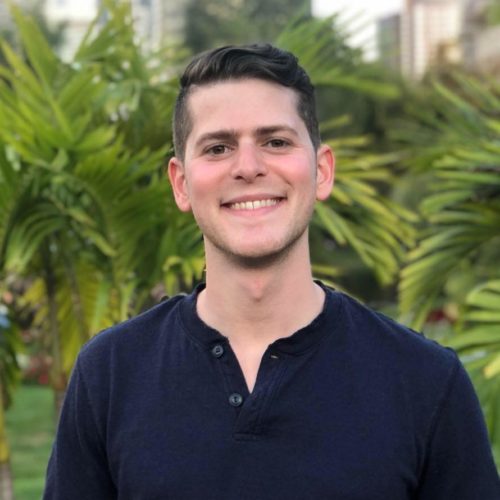
Fans of NBC’s “Shark Tank”might recognize the brand from its appearance on the show in 2019, when founder Sam Kobrosly walked away with an investment from Mark Cuban.
Since the onset of the global pandemic, Snacklins has continued to pursue industry success, undergoing a major rebrand to create a more interactive, internet-accessible brand. The effort to differentiate Snacklins and draw consumer attention was led by Olin alum and Snacklins Marketing and E-Commerce Manager Jeremy Sherman, BSBA ’15.
Consumers seek products online
Sherman and his team noticed that the pandemic pushed consumers to seek out products online. They struck out to create a brand that offers both a great product and an interactive, fun and personable online experience. They decided to launch a complete rebrand, selling the same product using a new website, new packaging, new flavors and bigger bag sizes.
The key to the rebrand, Sherman said, was to “create a whole personality around” Snacklins.” The goal was to make its product “not just fun to snack on, but to interact with.” The company had to be innovative, while incorporating its core personality and spirit in its new marketing campaign. To do this, the Snacklins team kept a simple and bold design and introduced engaging new features on its website, including a game called SNAC-MAN .
Snacklins has been recognized for the success of its rebrand, earning a feature in Forbes magazine.
Olin’s influence
Sherman credits Olin’s influence with allowing him to consider himself a “business generalist, with the ability to think about economics, operations, supply chain and marketing.”
Olin provided him with a valuable foundation of business knowledge, he says. He credits his Introduction to Entrepreneurship class for arming him with the ability to understand the mechanics of entrepreneurship, especially how to transform a vague idea into a complete business plan. The creativity and entrepreneurial spirit he acquired during his time at Olin still guides his work today, he said.



